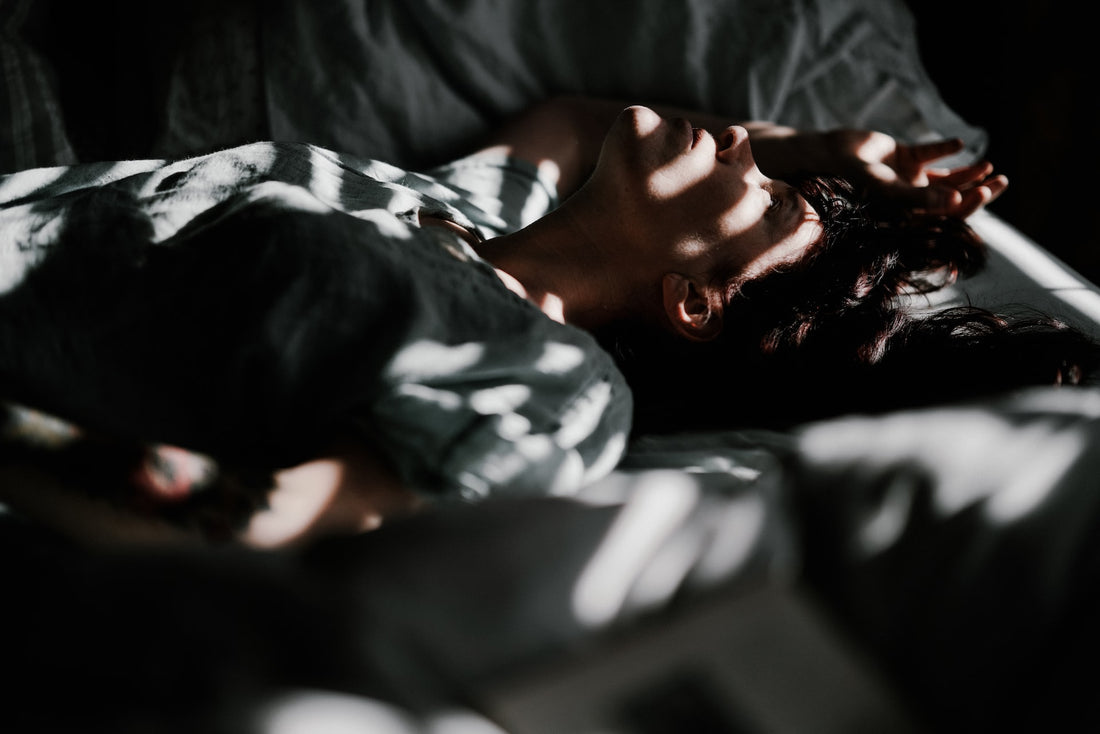Everyone knows what menopause is and what it entails, but did you know that perimenopause (the period just before) can last around 8-10 years before periods stop for good? Indeed, the symptoms of menopause are felt years before the its official arrival.
Perimenopause and your sleep
This long major evolution for women leads to profound physiological changes, one of the most frequent of which is the deterioration of sleep. Nocturnal awakenings, light sleep, restlessness: many women see their day to day disrupted while still leading a very active life.
Fortunately, there are natural solutions to deal with the symptoms associated with perimenopause. And the good news is that they are not habit-forming.
A natural and effective solution
A study[1] conducted by researchers from the University of Medical Sciences in Tehran in 2013 succeeded in proving the effectiveness of a medicinal plant to reduce the symptoms of sleep disorders during menopause: lemon balm.
100 women aged 50 to 60 complaining of sleep disorders were studied. A significant difference was seen with reduced levels of sleep disturbances in the experimental group compared to the placebo group.
Lemon Balm's Proven Benefits
1- It has anti-stress and anti-anxiety properties, thanks to the reduction of cortisol
2- It Promotes restful sleep by increasing the effect of GABA [2](main molecules responsible for sleep), which gives it an anxiolytic effect.
These 2 effects combined together make it the perfect natural alternative to finally get a good and long night of restorative sleep despite the symptoms of perimenopause and menopause.
 Our natural sleep aid Bazzzics™ Stay Asleep is made with concentrated extracts of Passionflower, California Poppy and Lemon Balm. A magical combination to aid relaxation and allow you to sink into a longer sleep that will last until morning.
Our natural sleep aid Bazzzics™ Stay Asleep is made with concentrated extracts of Passionflower, California Poppy and Lemon Balm. A magical combination to aid relaxation and allow you to sink into a longer sleep that will last until morning.
[1] https://www.sciencedirect.com/science/article/abs/pii/S1744388113000601?via%3Dihub
[2] Awad, R., et al., Bioassay-guided fractionation of lemon balm (Melissa officinalis L.) using an in vitro measure of GABA transaminase activity. Phytother Res, 2009. 23(8): p. 1075-81.

